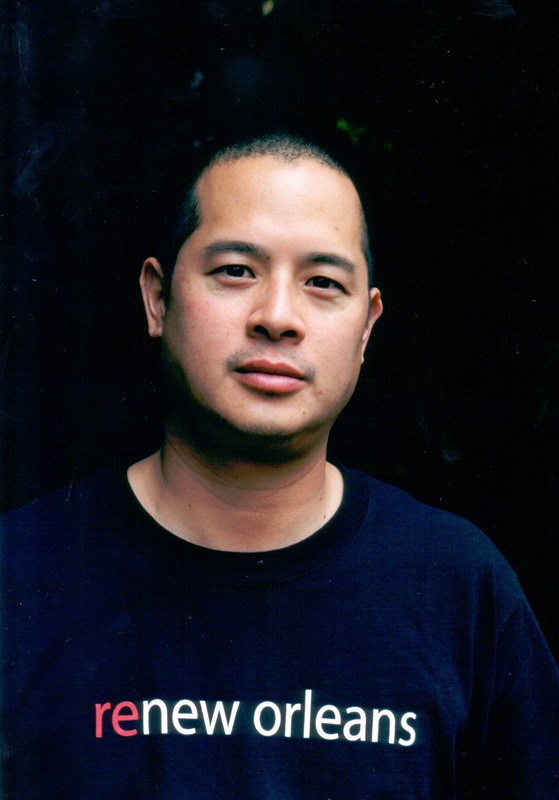Straight outta Stanford
Journalist, author talks about hip hop’s roots and why you shouldn’t dismiss Waka Flocka Flame
Jeff Chang remembers the first time he heard hip hop.
The journalist and author of the 2005 book Can’t Stop Won’t Stop: A History of the Hip-Hop Generation was a 12-year-old growing up in Hawaii when Rapper’s Delight by The Sugarhill Gang was released in 1979.
“It was the kind of thing where there’s not really any explaining it, where it just sort of hits you in a way that knocks you sideways,” Chang says by phone from his office at Stanford University, where he is the executive director of the university’s Institute for Diversity in the Arts.
Chang will speak about hip hop at the University of Winnipeg’s Eckhardt-Gramatté Hall on Wednesday, Oct. 5 at 7:30 p.m. Admission is free.
Can’t Stop Won’t Stop explores hip hop’s roots in the Bronx and Kingston, Jamaica, and shows how it gave a voice to a young generation struggling for freedom. The book goes on to examine hip hop’s impact on politics and art, and how it redefined the portrayal of race in popular culture.
Chang had been a hip-hop journalist for 10 years when he started writing the book in 2001. He began writing it when he realized hip-hop music was still speaking to him years after he first heard Rapper’s Delight.
When he gives lectures about hip hop at universities, Chang likes to start at the beginning.
“I think that in so many respects, we don’t necessarily honour the history of our cultural movements here in North America, as much as folks do maybe in other places like Asia and Africa,” he says.
“People like DJ Kool Herc and Afrika Bambaataa, Grandmaster Flash, Grandmaster Caz, these are all folks who should be national treasures. They are, they’re living treasures and they’ve created this cultural movement that unites people all around the world. But, a lot of kids don’t even know their names.”
“(Hip hop) comes from a particular context, it comes from a particular time and place and energy,” he adds. “So I try to bring people back to that.”
Chang also talks about how the music has changed since it’s become commercial over the last two decades.
“People tend to think of the commercialization of hip hop as all a good thing or all a bad thing, so I try to bring a different perspective.”
Chang says people often think that in the early days of hip hop, musicians were just doing it for the love of music, when that wasn’t necessarily the case. Just like today, hip hop acts back then wanted to get paid.
“People wanted to go out and play their nights at the clubs on the weekends not just because it was fun to party, but because they could make a little bit of money at it,” Chang says. “I think that’s often lost when people try to romanticize the old school.”
Now in his 40s, Chang says many of today’s hip-hop acts don’t resonate with him the way his old favourites do, but that’s OK.
“There’s a way in which there’s a knee jerk reaction amongst people in their 30s and 40s to be like, ‘You know, fuck Waka Flocka Flame,’” Chang says, referencing the 25-year-old Southern hip-hop artist responsible for songs like No Hands.
“That’s not me. I don’t like Waka Flocka Flame, I think he’s kind of dumb. I think he’s really dumb, actually, but it’s not my place to be like, ‘That shit’s wack.’ I think that hip hop changes every three years and that’s what it’s about.
“If I’m going to be down with the arts and the culture of the movement, I have to respect that too.”
-The Uniter’s Mouseland Press Speaker Series, the University of Winnipeg Students’ Association and UWSA Freestyle V present Jeff Chang at the U of W on Wednesday, Oct. 5.
-Chang will speak at 7:30 p.m. in Eckhardt-Gramatté Hall. Admission is free.
-A book signing and after-party will follow at Mondragon Bookstore and Coffeehouse (91 Albert St.)
-Visit www.uniter.ca/speakers-series and www.cantstopwontstop.com.
Published in Volume 66, Number 5 of The Uniter (September 29, 2011)







